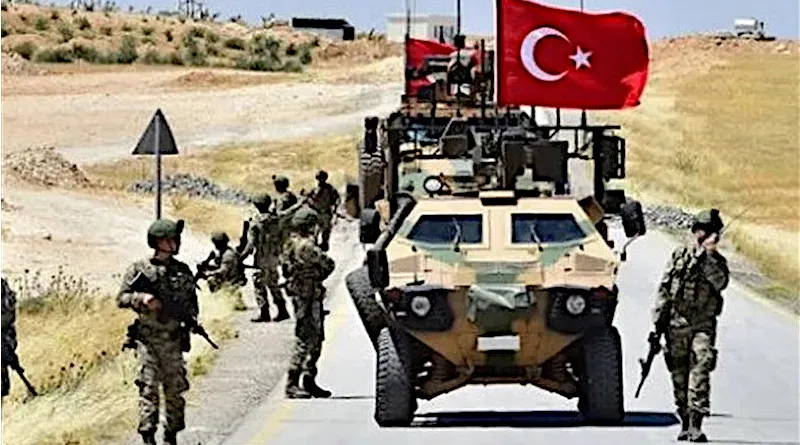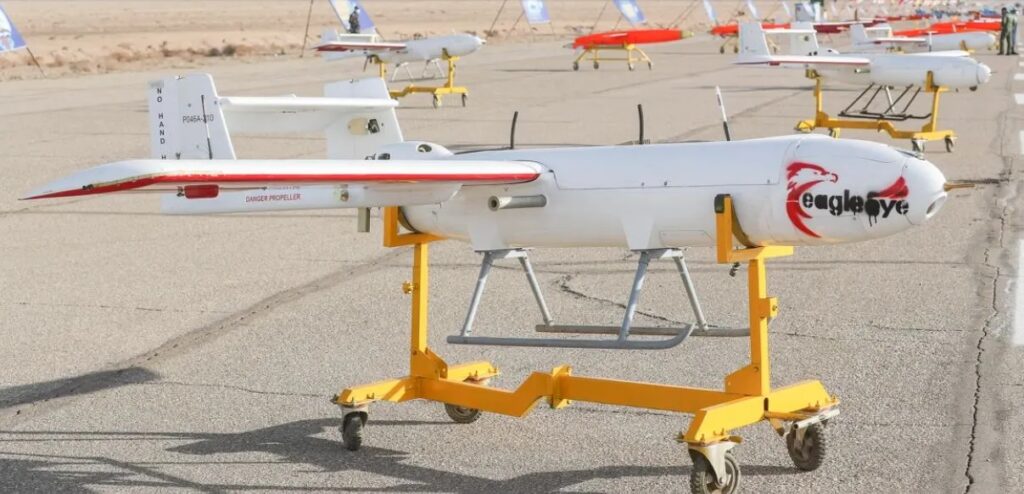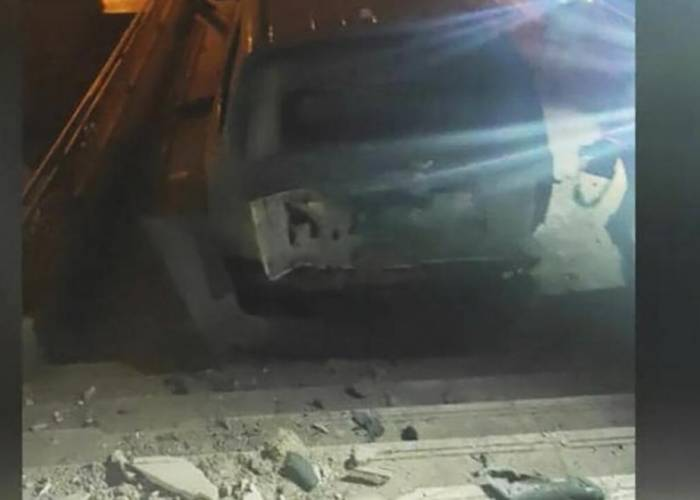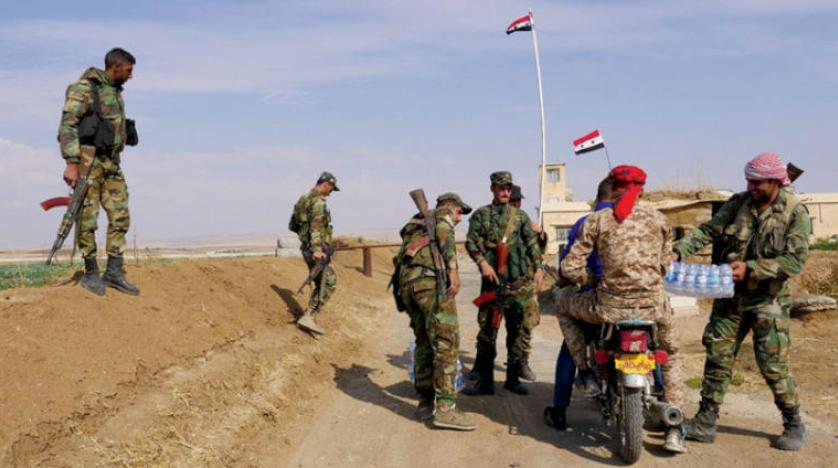Iraq’s Political Instability Raises Al-Sistani Succession Stakes – Analysis
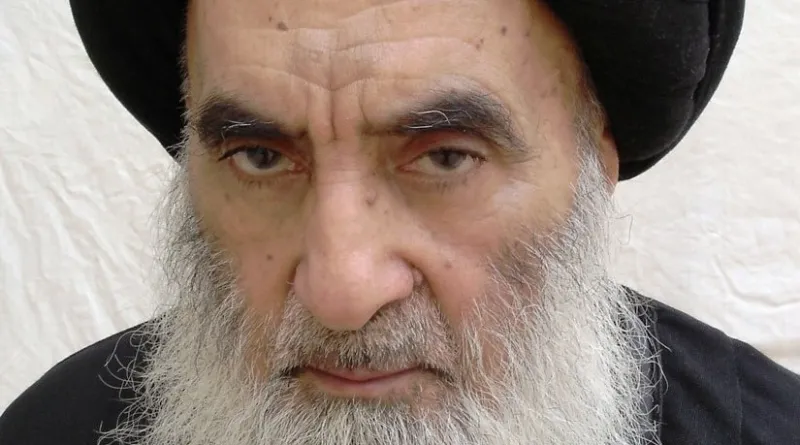
Besides Pope Francis and the Dalai Lama, few religious leaders today command as much respect among Muslims and non-Muslims alike as Grand Ayatollah Ali Al-Sistani, the 91-year-old “supreme marja” of the world’s Shiite Muslims.
Al-Sistani was a disciple of Ayatollah Abu Al-Qasim Al-Khoei, who was for decades the most renowned religious teacher in Iraq’s shrine city of Najaf, where he was known as the “professor of jurisprudence.”

